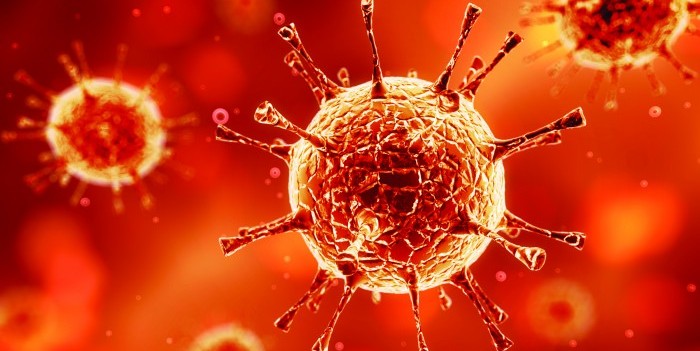The NPA has highlighted the importance of keeping the supply chain moving during the COVID-19 epidemic in submissions to MPs investigating the crisis.
The association has recently submitted responses to separate inquiries in COVID-19 by the International Trade and Environment Food and Rural Affairs Select Committees.
EFRA inquiry
In the response to EFRA’s inquiry into the impact on food supply’, the NPA outlined the work that the pig industry has done in order to ensure that all parts of the supply chain can function as normally as possible, including efforts by producers and processors to make up the shortfall of workers that we initially saw at the start of the pandemic.

The submission commends the Government on some important decisions made to help our sector, such as designating farmers and allied sector staff as key workers. “The response of Government to our concerns has been refreshing and the process has helped foster a proper two-way conversation throughout,” NPA senior policy adviser Ed Barker said.
But the document stresses that the most important issue for British pig production is ‘to be able to continue our ability to move, process and slaughter animals’. Citing the horrific situation in the US, where a huge chuck of processing capacity has been closed down due to infections in plants, resulting in the culling of thousands of pigs, it said:
“Livestock production, especially in pigs, cannot simply stop. Animals will continue to grow, and as a result it would be catastrophic if those pigs could not move off farm because abattoirs are unable to slaughter and process them.”
“Should processing be affected by COVID-19, we need Government to be as flexible as possible in allowing workers to continue operating safely.”
The NPA submission also explains how the industry has been able to encourage consumers to access the range and variety of British pork in supermarkets and independent shops and butchers, following the sudden curtailment of the foodservice trade.
The NPA is concerned, however, that retailers are choosing to stock only certain cuts of pork, and processed or cured products and we are therefore, ‘missing a fantastic opportunity ‘to market and promote cuts that historically have had low demand and therefore much cheaper.
This has created a carcase imbalance, with a lot of these cuts have going into cold storage. Some are destined for export markets, but this is ‘not a long term, sustainable solution to this carcase imbalance’, the document states.
It adds: “The NPA firmly believe that if retailers, Government, influencers and levy bodies work together to help promote cheaper cuts and also explain how to cook them – it could make a significant impact on producer incomes whilst helping to address food poverty, now and in future.”
International Trade
In its response to the International Trade Committee on its inquiry into the impact on international trade, the NPA stressed the importance of our international markets remaining ‘open and frictionless’.
“Many of our international markets, which are so important for carcase balance, have taken a huge amount of time, energy and capital to open – we want these to stay open and we want to explore the potential for new markets,” NPA senior policy adviser Ed Barker said.
The submission also stresses that a key medium- to long-term priority for the UK Government and DIT must be to ensure that a responsible approach is taken in the rhetoric surrounding COVID-19.
It highlights that prior to the virus’ spread, there had been many instances in which negative assertions had been made about countries the UK exports to, including China, and that this ‘can have a seriously damaging effect on trade’. There has been an escalation in such rhetoric since the spread of the virus, with some parliamentarians appearing to assign blame to individual countries or the development of conspiracy theories.
“This is extremely unhelpful,” the document sates. “Whilst the UK Government should always speak openly with its trading partners on all matters, there is no clear benefit whatsoever in engaging in a blame game between individual countries.”
It also welcomes assistance from the UK Government and other countries in keeping trade flowing across EU, something that is particularly important for our export trade in cull sows, as well as and movements of breeding stock.




